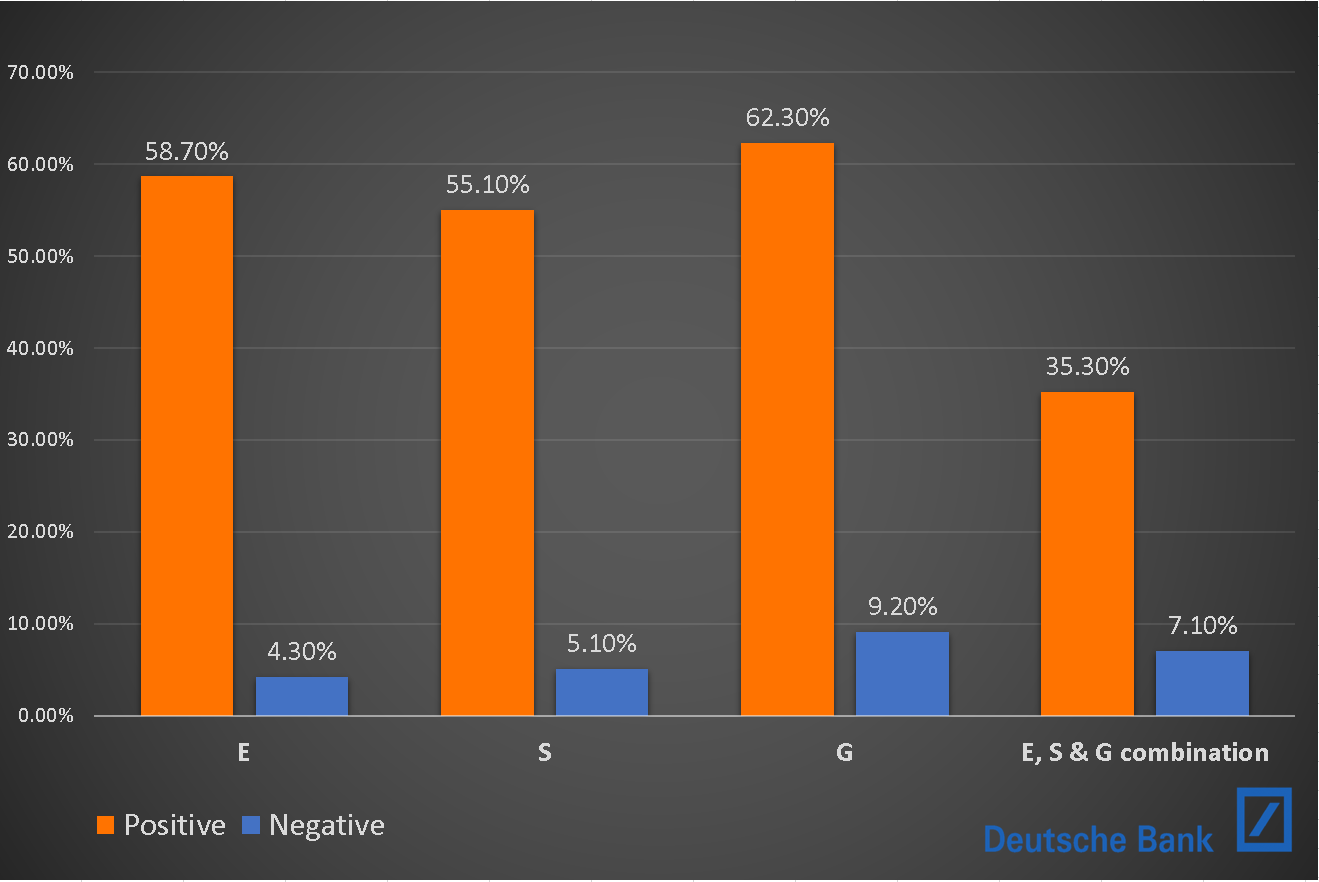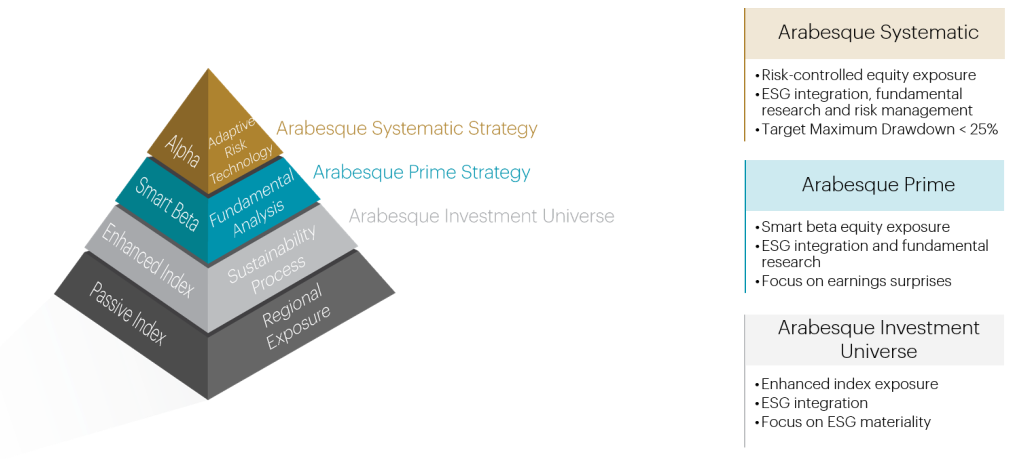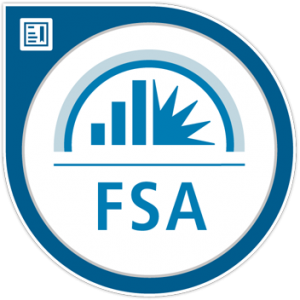ESG Investing
Endowments & Trust Funds are not Alone in Setting High ESG Standards - Private Equity, Institutional Investors, and Securities Exchanges Themselves Increasingly Show Evidence that ESG Performance is not a Tradeoff but quite the Opposite
Environment, Social, and Governance (also referred to as Socially Responsible Investing, Impact Investing, etc.) is a framework through which investments can be assessed, rated, and compared. Organizations use a range of approaches based on their investor base or to appeal to different investor types. Some may use “hard filters” (i.e. no investments in specific sectors or industries) while others seek a more proactive approach and engage company management and operations.
Investment returns have been shown to be enhanced when teams focus on material sustainability factors vs. general initiatives without strong evidence of materiality. Investment teams can use ESG data, and corresponding metrics, to enhance their fundamental analysis of companies. It is not an alternative investment strategy but rather complementary to traditional analysis of financial statements.
For illustration purposes, here is the approach from Arabesque Partners:
“Arabesque’s Sustainability Process is a multi-step process, which identifies the eligible investment universe for Arabesque’s investment strategies. It includes the following steps:
· Forensic Accounting, which identifies companies with aggressive accounting and governance practices
· UN Global Compact compliance, which identifies companies that are in violation of any of the principles around human rights, labor rights, environment and anti-corruption set out by the United Nations
· Proprietary ESG Scores, which integrate material ESG factors based on Arabesque’s ESG Weighting Matrix”





